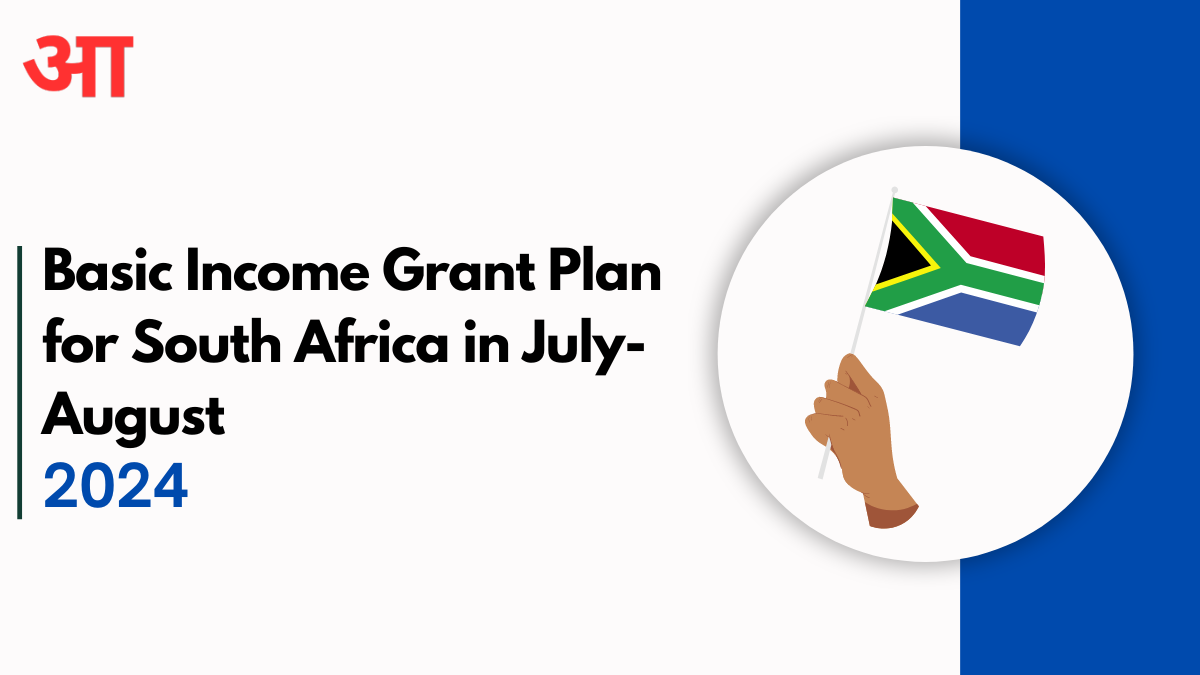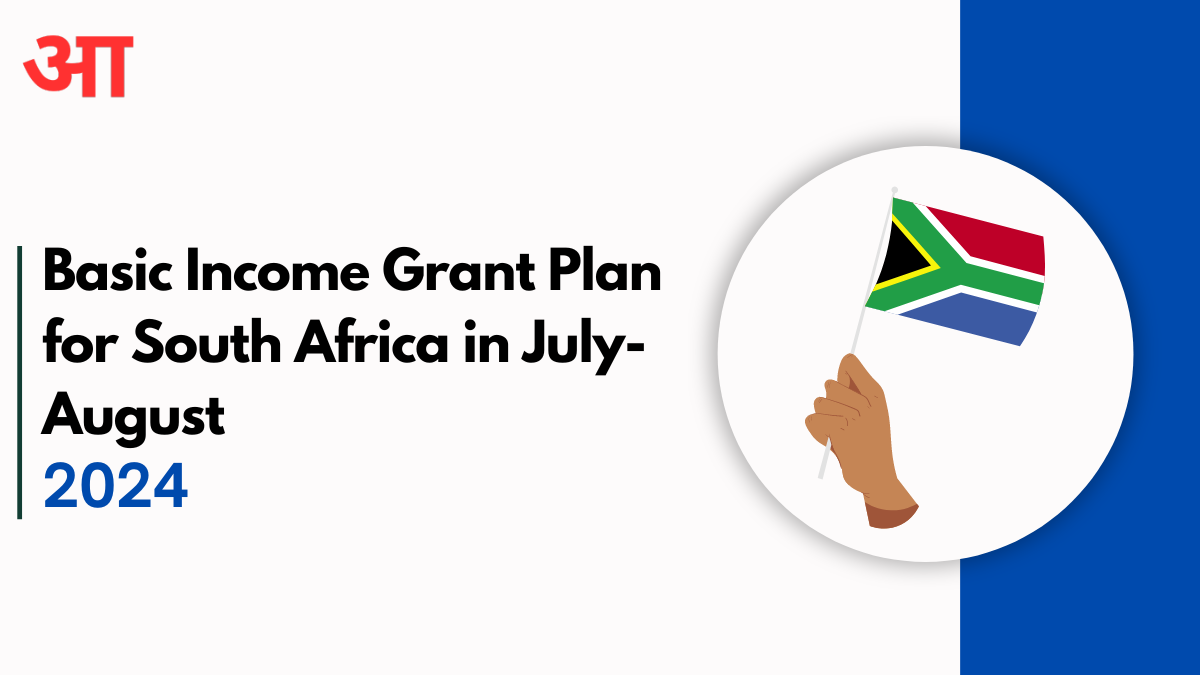In a recent development, President Cyril Ramaphosa has made a significant announcement regarding the future of social grants in South Africa. He has confirmed that the newly formed Government of National Unity (GNU) is planning to use the Social Relief of Distress (SRD) grant as the foundation for a Basic Income Grant (BIG). This announcement was made during his speech at the Opening of Parliament on 18 July 2024.
Contents
Basic Income Grant Plan for South Africa in July- August 2024
President Ramaphosa has recognized that income poverty plays a significant role in the country’s overall poverty. He is firm in his belief that the best way to address poverty is by guaranteeing that individuals have employment opportunities. Nevertheless, he has also admitted the government’s initiatives to assist the jobless, including multiple interventions such as the implementation of the SRD Grant amidst the COVID-19 pandemic.
Check This
The Role of the SRD Grant
The initial purpose of the SRD Grant was to provide temporary relief to households affected by the Covid-19 pandemic. However, the grant, identified as R350, has been prolonged and is anticipated to persist until 2025. President Ramaphosa restated the government’s intention to utilize this grant as the framework for implementing a Basic Income Grant (BIG) in South Africa.
He expressed, “The SRD Grant has been an essential support system for millions of unemployed individuals. Our intention is to utilize this grant as the cornerstone for introducing a sustainable form of financial assistance for unemployed individuals to tackle the issue of income poverty.”
Future Prospects of BIG in South Africa
The president’s recent remarks have addressed numerous inquiries about the prospects of a significant grant in South Africa, particularly post-2024 elections and the establishment of a Government of National Unity (GNU). Doubts arose about whether the ANC’s intention to introduce this grant would remain a focal point, considering the varying perspectives among certain opposition parties in the coalition.
Political Parties’ Stance on BIG
Interestingly, all of the top five political parties in South Africa favour implementing a BIG or significantly increasing the amount of grants. Here’s a detailed look at their positions:
Party |
Position on BIG |
|---|---|
ANC |
The African National Congress has committed to incrementally enhancing income assistance by means of current social grants in the next five years and applying the SRD grant to establish a fundamental income assistance grant. |
DA |
The DA has stated that it plans to increase the SRD grant so that, over time, it evolves into a BIG. However, the party has also mentioned that it would only investigate a BIG to determine if it was ‘affordable and viable’. |
MK Party |
The MK Party has promised to introduce a BIG above the poverty datum line of R1,558 for those who are unable to work. |
EFF |
The EFF has made the most ambitious promise – a R5,000 grant for unemployed graduates. It has also called for doubling all current social grants. |
IFP |
The IFP has promised to introduce a similar grant for unemployed graduates, amounting to R3,000. |
Funding the BIG
Enoch Godongwana, the Finance Minister who was re-appointed during the GNU, stated that the issue is not whether South Africa should implement a basic income grant but rather how it will be financed. He believes that with proper management, South Africa has the financial capacity to introduce a basic income grant.
Concerns Over Affordability
Nevertheless, there are worries regarding how the government would be able to finance this subsidy, particularly in light of the 2024 Budget’s revelation of a deficit totaling R347 billion in 2023/24 and the government’s continuing increase in debt.
According to the 2024 Budget Review from the National Treasury, any extension of the SRD grant or its replacement must be covered by a new source of income or by reorienting spending from other areas.
Impact of BIG on Economy
An analysis by Intellidex in July 2022 discovered that implementing the grant would address inequality, but increasing the budget under current conditions would worsen debt dynamics. This would heighten the budget’s unsustainability and accelerate the approach to a fiscal or economic crisis. The analysis approximated that the cost of a BIG may vary from R20 billion annually to R2 trillion.
If the government were to use tax increases to fund a BIG, South Africa could see the following tax increases:
- Personal income tax would have to be raised by between 9% and 19%
- Value-added tax (VAT) would have to be raised by between 14% and 29%
- Corporate tax would need to be increased by between 24% and 47%
Such significant increases, the study found, would have a moderate to severe impact on economic growth.
Click the link to know more.

Abhilash, an exam specialist with a passion for education, writes comprehensive articles on exam results and admit cards. His expertise ensures students receive reliable information and useful tips to excel in their exams.

